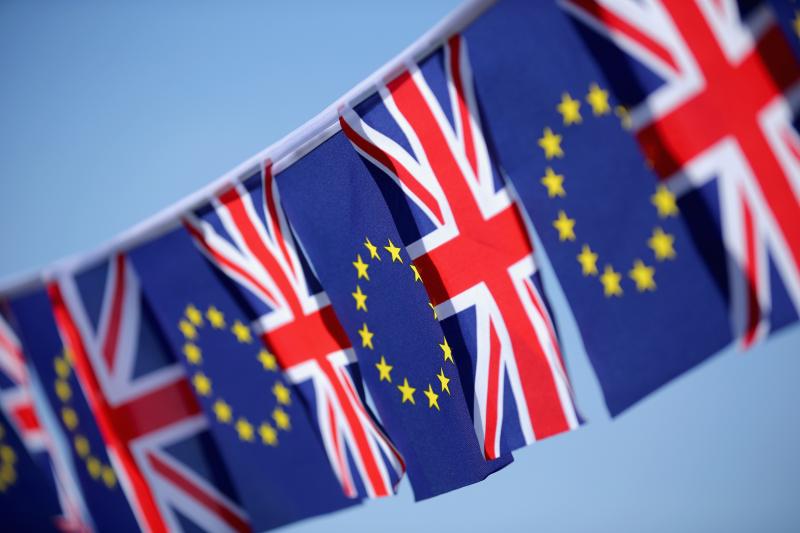The Brexit is terrible for european startups, but there are some positives
Publicado por acervera
jueves, 18 de agosto de 2016 a las 09:34
There are many problems that the “Brexit” causes across Europe, but with any tumultuous change, the weakest entities suffer the most. Who are the weakest in business by definition? Startups are.
It is true that the long term ramifications of the Brexit on European startups, and European business in general, are unknown. There are many forthcoming trade deals and pacts that will ultimately determine that.
But when you run an early-stage startup, you are less interested in the long term, and more concerned about the next 6 to 24 months (a typical startup’s ”runway” of cash in the bank). The ramifications of the Brexit on this short-term timeframe are much, much clearer.
The “United” Kingdom just punched the European startup scene in the face.
Here is what I expect to see from the European startup scene in the next 6-24 months, both good and bad.
London is a key component of the European venture capital scene, comprising of approximately 50% of European startup funding (especially in the later stages). As a result of the Brexit, I believe that the amount of venture funding for all European startups will drop by 20% or greater by the end of the year.
Why? I simply do not see how London VCs can continue “business as usual” until the regulatory implications of the Brexit are better understood. This process will take a while, and it will also be highly publicized, causing increased angst. When the funding rate of London VCs slows down (particularly in the later stages), early stage VCs from all across Europe will be forced to slow down as well.
Raising funding in Europe just became much, much harder.
2. Many entrepreneurs will leave.
When the uncertainty of the Brexit causes startup funding rates across Europe to decrease, experienced entrepreneurs that need to raise money within 6 to 24 months will choose to go to where the money is: Silicon Valley, New York, Singapore, etc.
This is very unfortunate, because I truly believe that great companies can be built anywhere. However, in times of distress, a startup founder needs to do everything in their power to “make payroll”, and if the money to stay solvent is not in Europe they might have no choice but to move.
In total, I would expect to see half of the top 5% of entrepreneurs leave the region within the next two years.
3. Incorporation in the UK will fall out of favor.
The United Kingdom has become one of the three most attractive global startup hubs to incorporate a business (along with Delaware and Singapore) due to three key advantages:
- Favorable rule of law
- Plentiful available capital
- Market access to the entirety of Europe
However, after the Brexit, two of the three advantages (available capital and market access) are now gone for at least the next 6-24 months. Plus, the rule of law may be changing, too.
The rate of companies incorporating in the UK will nosedive, and in my opinion, no startup should incorporate in the UK in the near term.
So What is the Good News?
Startups have a lot of problems as it is, so adding uncertainty in their sources of capital is never a great idea. However, there are two positives that will come out of the Brexit in the short-term.
First, if London is out, then there is an opportunity for another city to become to the center of the Euro startup scene. This will cause many governments, and possibly even the EU as a whole, to step up their game with regards to startups and small businesses.
Side note: There are many candidates who can seize this opportunity, but to me, Berlin is best positioned to become the undisputed tech hub of Europe. Cheaper and more centrally located than London, and with a relatively favorable rule of law, I believe that billions of dollars that once populated UK venture capital funds will gradually move over to German funds, and the German efficiency will be put to work.
The second benefit is that being born in hard times makes young companies hungrier, leaner, and more efficient. Many of the defining tech companies of our generation were formed in times when startup funding was not as readily available as it is today.
With less capital to grow headcount and attack new markets, European startups have an opportunity to focus more on things core to their business – like refining their product, delighting their customers, and developing profitable revenue streams.
This will lead to the formation of more enduring and cash-flow positive businesses.
Plus, it might be their only choice.
Fuente original del contenido:
Startup Europe Club
Adeo Ressi
http://startupeuropeclub.eu/
18/08/2016 09:34 | acervera

